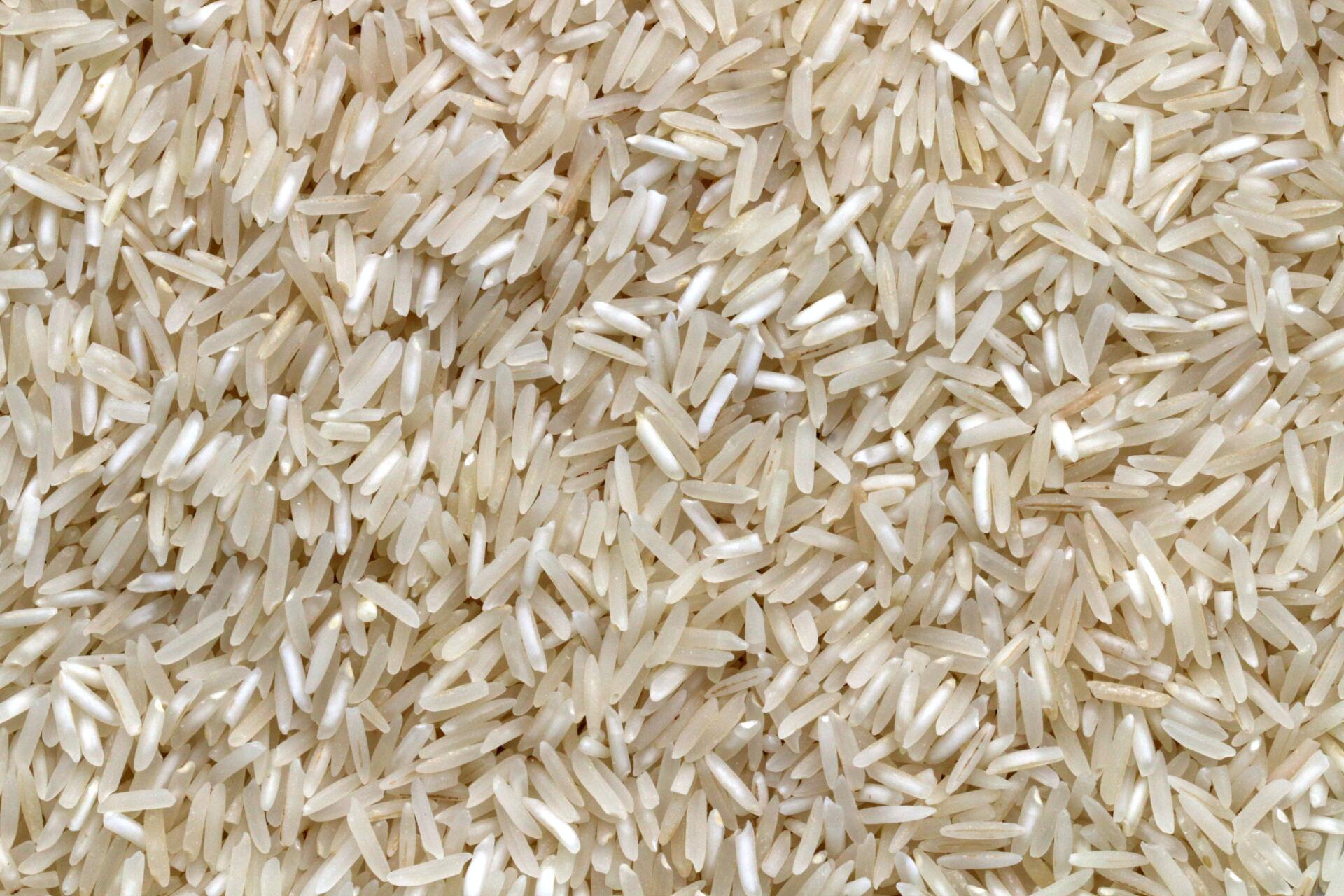READ UP ON THE LATEST HORMONE AND THYROID NEWS!

Can heavy metals affect weight loss?
The short answer here is yes - heavy metals can impact weight loss in women because they can mess with our thyroid function. In fact, effectively managing mineral intake - including heavy metals - is one of the top ways you can support your thyroid health.
As a part of my Sexy Thyroid Solution, I give my clients a Hair Tissue Mineral Analysis. It’s a non-invasive test that uses a few strands of hair to show what your mineral levels are and how they might be affecting your thyroid.
Heavy metals are included in this test, and there are four key metals that I keep my eye on due to their direct, and often negative, influence on the thyroid.
Mercury
An overload of mercury can be really problematic for the thyroid. Mercury acts very similar to iodine and can take its place in our hormone systems. Iodine is needed to make T3 and T4 thyroid hormones. So if the body sees a lot of mercury and thinks it’s iodine, it can result in your T3 and T4 production dropping.
Without enough thyroid hormone, your metabolism could slow right down. Even if you are eating healthy and exercising regularly, this can still cause unwanted weight gain.
If I see a lot of mercury in your Hair Tissue Mineral Analysis results, I will likely recommend a reduction in seafood in your diet, including tuna and salmon. Unfortunately, some dental fillings can include mercury which can add to the overload, and that is a harder issue to navigate.
2. Lead
Lead is a really challenging heavy metal to deal with. Once you have been exposed to it, it typically sticks around and doesn’t leave your body on its own. We see this happen in people who have been exposed to lead paint and lead water pipes.
Lead also slows down or even diminishes thyroid function and thyroid hormone production. Some studies have shown that long-term exposure to lead can cause decreased levels of free T4 in the body. This is the hormone that supports your metabolism. So if it has dropped, it’s likely that your weight may go up.

3. Arsenic
Arsenic is a heavy metal that is found naturally in the Earth’s crust. It’s commonly found in brown rice and seafood. As with many things, it is not harmful in small quantities.
However, now we’re also seeing arsenic used for things like textiles, glass production, pigments and so on, which can lead to a buildup and overexposure.
Arsenic competes for selenium in the body, and we need selenium to make our thyroid hormone. When arsenic takes control of the selenium, it doesn’t leave enough for your thyroid to use, leaving the thyroid, and therefore the metabolism, in flux.
4. Copper
If you take a lot of vitamins and supplements, copper might pop up on your hair tissue analysis results, because it is a common additive and a common reason why your supplements may be messing with your thyroid.
Copper is an issue because too much of it can reduce your potassium levels and slow down T4 conversion and enhance the effects of estrogen, among a number of other issues.
How to know if you might have an abundance of heavy metals in your system?
If you are struggling with thyroid function and have symptoms such as weight gain, fatigue, and hair loss, it’s a really good idea to get a Hair Tissue Mineral Analysis to see what’s really going on. By addressing the root cause of your symptoms (rather than just masking the symptoms) you are much more likely to find long-term success.
If this sounds like you, I’d love to chat. Book your free consultation with me here.

Can heavy metals affect weight loss?
The short answer here is yes - heavy metals can impact weight loss in women because they can mess with our thyroid function. In fact, effectively managing mineral intake - including heavy metals - is one of the top ways you can support your thyroid health.
As a part of my Sexy Thyroid Solution, I give my clients a Hair Tissue Mineral Analysis. It’s a non-invasive test that uses a few strands of hair to show what your mineral levels are and how they might be affecting your thyroid.
Heavy metals are included in this test, and there are four key metals that I keep my eye on due to their direct, and often negative, influence on the thyroid.
Mercury
An overload of mercury can be really problematic for the thyroid. Mercury acts very similar to iodine and can take its place in our hormone systems. Iodine is needed to make T3 and T4 thyroid hormones. So if the body sees a lot of mercury and thinks it’s iodine, it can result in your T3 and T4 production dropping.
Without enough thyroid hormone, your metabolism could slow right down. Even if you are eating healthy and exercising regularly, this can still cause unwanted weight gain.
If I see a lot of mercury in your Hair Tissue Mineral Analysis results, I will likely recommend a reduction in seafood in your diet, including tuna and salmon. Unfortunately, some dental fillings can include mercury which can add to the overload, and that is a harder issue to navigate.
2. Lead
Lead is a really challenging heavy metal to deal with. Once you have been exposed to it, it typically sticks around and doesn’t leave your body on its own. We see this happen in people who have been exposed to lead paint and lead water pipes.
Lead also slows down or even diminishes thyroid function and thyroid hormone production. Some studies have shown that long-term exposure to lead can cause decreased levels of free T4 in the body. This is the hormone that supports your metabolism. So if it has dropped, it’s likely that your weight may go up.

3. Arsenic
Arsenic is a heavy metal that is found naturally in the Earth’s crust. It’s commonly found in brown rice and seafood. As with many things, it is not harmful in small quantities.
However, now we’re also seeing arsenic used for things like textiles, glass production, pigments and so on, which can lead to a buildup and overexposure.
Arsenic competes for selenium in the body, and we need selenium to make our thyroid hormone. When arsenic takes control of the selenium, it doesn’t leave enough for your thyroid to use, leaving the thyroid, and therefore the metabolism, in flux.
4. Copper
If you take a lot of vitamins and supplements, copper might pop up on your hair tissue analysis results, because it is a common additive and a common reason why your supplements may be messing with your thyroid.
Copper is an issue because too much of it can reduce your potassium levels and slow down T4 conversion and enhance the effects of estrogen, among a number of other issues.
How to know if you might have an abundance of heavy metals in your system?
If you are struggling with thyroid function and have symptoms such as weight gain, fatigue, and hair loss, it’s a really good idea to get a Hair Tissue Mineral Analysis to see what’s really going on. By addressing the root cause of your symptoms (rather than just masking the symptoms) you are much more likely to find long-term success.
If this sounds like you, I’d love to chat. Book your free consultation with me here.

CALL US TODAY! (314) 226-3137
Content, including images, displayed on this website is protected by copyright laws. Downloading, republication, retransmission or reproduction of content on this website.

